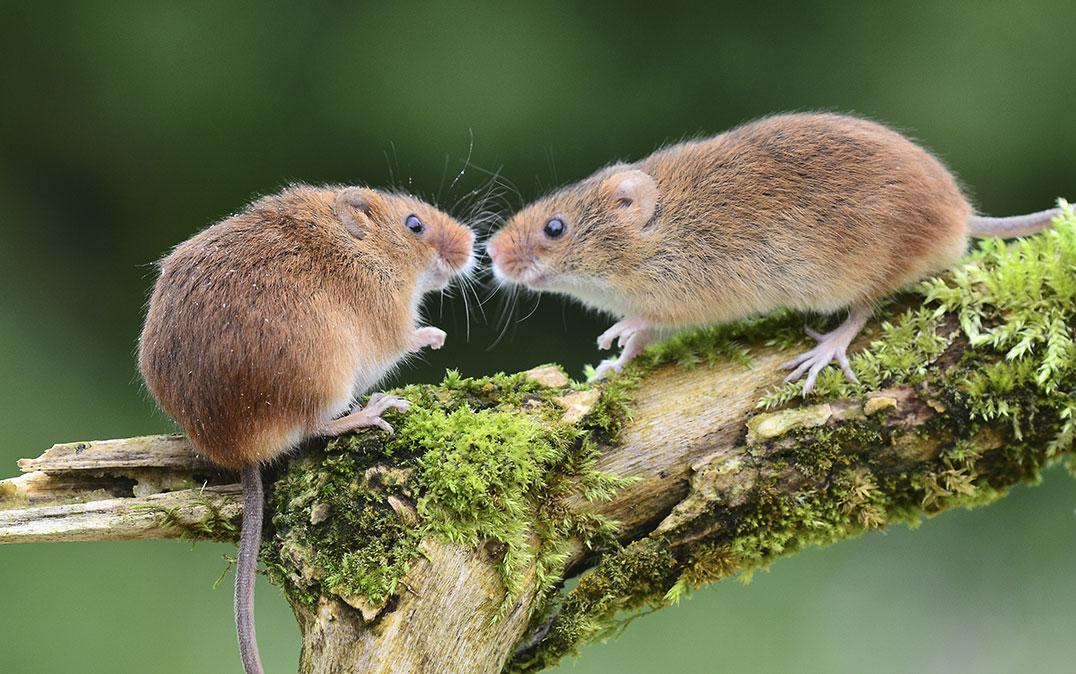Research News
[Nature Index Selection] Making Sense of Socially Enhanced Aggression in the Brain (Research highlights in October, 2022)
The Nature Index, a database site operated by Springer Nature, selects one research paper of the researchers belonging to the University of Tsukuba as a Research Highlight from 82 major journals every month. In October 2022, it featured the above research.
Pathway to male aggression uncovered
Nature Index: Profile page of the University of Tsukuba
Nature Index Research highlights: University of Tsukuba
 Image by Kampol Taepanich/Shutterstock
Image by Kampol Taepanich/Shutterstock
Researchers from the University of Tsukuba identify the brain pathway that is responsible for the "priming" of aggression that occurs when male animals spend time together
Tsukuba, Japan—When male animals spend time around other males of the same species, subsequent aggressive behavior tends to be amplified—this type of priming is known as social instigation. However, the pathway in the brain that leads to this increased aggression was, until recently, relatively unknown. In a study published in Nature Communications, researchers from the University of Tsukuba have revealed that the lateral habenula, a small and relatively primitive region located deep within the brain, is important for this behavior in mice.
Aggressive behavior, especially between males, is important in many animal species and can be promoted in a number of different ways, including by social instigation. Although this behavioral effect is well characterized, the brain pathway that is responsible for it is less understood. The dorsal raphe nucleus is a brain region that controls aggressive behaviors, and it receives glutamate (a molecule that acts as a signal between brain cells) when social instigation occurs. However, the source of this glutamate was a mystery. Researchers from the University of Tsukuba decided to address this gap in the knowledge.
"Many different brain regions release glutamate into the dorsal raphe nucleus," explains lead author of the study Professor Aki Takahashi. "Because our initial experiments suggested that glutamate release from the lateral habenula might be responsible for aggression induced by social instigation, we conducted more experiments to see if this was the case."
The research team used two different techniques to block communication between the lateral habenula and dorsal raphe nucleus in mice, and found that this also blocked the increased aggression caused by social instigation—but it didn't affect normal levels of aggression, suggesting that this pathway is not important for aggressive behavior in general.
"We then wanted to look at the pathway beyond the dorsal nucleus," says Professor Takahashi. "We found that social instigation caused signals to travel through the brain from the lateral habenula to the dorsal raphe nucleus and then on to the ventral tegmental area—a highly connected region in the midbrain—leading to heightened aggression."
Although there are many differences in aggression between humans and mice, the results of this new study may have applications when investigating socially provoked anger or violence. There is currently a lack of effective preventative measures against socially provoked aggression, and any information that increases our understanding of these aggressive behaviors will be useful.
###
This research was supported by JSPS KAKENHI Grant Numbers JP17H04766, JP19H05202, JP21H00183, Japan Science and Technology Agency (JST) Adaptable and Seamless Technology transfer Program through Target-driven R&D (A-STEP) Grant Number JPMJTM20BW and JST FOREST Program Grant Number JPMJFR214A to AT, and by National Institute of Mental Health grants R01MH114882-01, R01MH104559, and R01MH127820 to SJR.
Original Paper
The article, "Lateral habenula glutamatergic neurons projecting to the dorsal raphe nucleus promote aggressive arousal in mice," was published in Nature Communications at DOI: 10.1038/s41467-022-31728-z
Correspondence
Associate Professor TAKAHASHI Aki
Faculty of Human Sciences, University of Tsukuba



